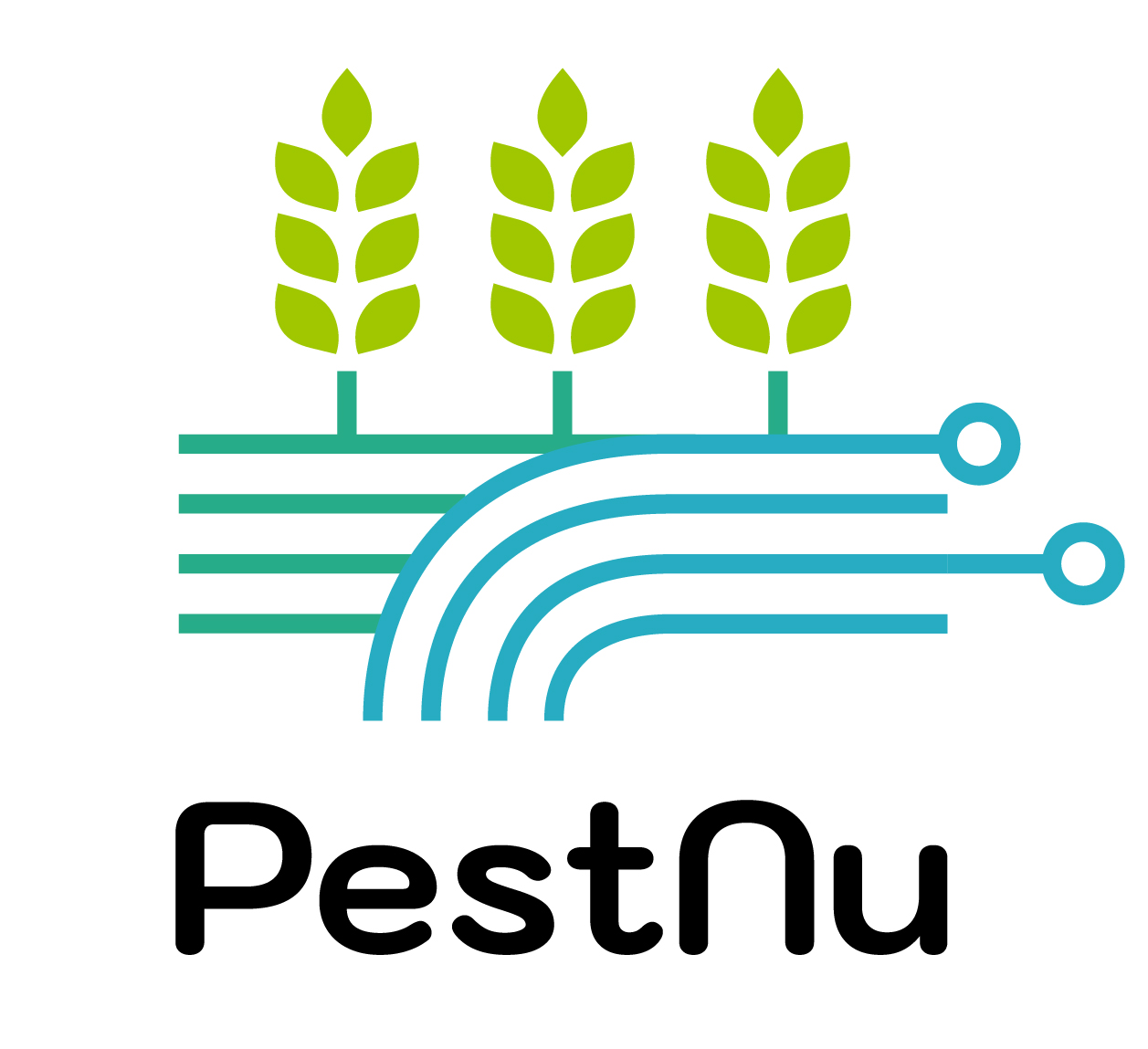University of Thessaly has prepared and submitted an abstract of their study titled as: “Water and nutrients use efficiency in aquaponics: effects of biostimulant application”.
The abstract of the study has been submitted to the “International Symposium on Models for Plant Growth, Environments, Farm Management in Orchards and Protected Cultivation – HorchiModel2023” and it is going to be published as a poster during the conference.
The abstract is the following:
Modern agriculture is mainly based on the extensive application of chemical fertilisers and pesticides to increase plant growth and yield. Although soilless cultivation is linked to higher productivity, it is associated with high demand for nutrients and water. Concerns about the negative impact of such applications on natural resources, the environment in general and human health have promoted organic farming as an alternative approach to the conventional practices followed to date. For this reason, the current trend is emphasized in plant organic non-nutrient based biostimulants the application of which is highly associated with plant growth promotion. Considering all the above, applications of biostimulants could help increase plant nutrient uptake as well as water use efficiency in aquaponic systems, where the water collected from the fish tanks is not discharged into the environment but recycled for plant fertigation. Thus, the aim of the present study was to assess the effect of two different biostimulants on water and nutrient uptake in lettuce and tomato crops fertigated through a nutrient-poor aquaculture solution in the Mediterranean basin. Based on the results of the present study, tomato and lettuce yield was not significantly affected by the foliar application of both formulations, whilst both biostimulants resulted in higher Ca2+ leaf content in the aquaponic lettuce plants. In general, both biostimulants showed a positive effect on the yield and nutrient uptake of the tomato and lettuce controls plants, which are plants fertigated through a standard hydroponic solution. This work was carried out under the PestNu project that has received funding from the European Union’s Horizon 2020 research and innovation programme under the Green Deal grant agreement No. 101037128 — PestNu.
Click on this link for more information regarding the study, the authors and the conference: Acta Horticulturae

